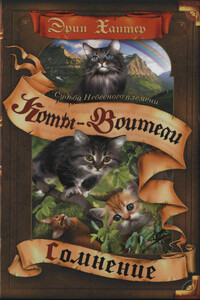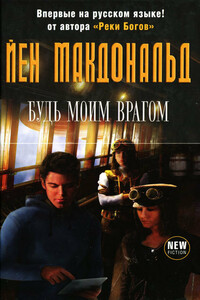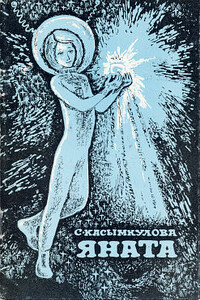The Replacement | страница 9
There were parts of the property that weren’t off-limits to me—storage sheds and the Sunday school addition and an unconsecrated section of the cemetery, reserved for suicides and unbaptized babies—but the idea of going into the churchyard just to stand in one corner of the cemetery and stare at the rest of it was depressing.
When I was younger, I’d gone to Sunday school. My dad had the classroom addition built on an adjoining lot when I was three or four. It was a reasonable expansion because they really did need the space, but he had an ulterior motive, too. He never consecrated the ground.
The new building had been a workable solution for a while, but now that I was too old for Bible classes, I had to settle for looking like that rebellious kid who didn’t want anything to do with his pastor father.
I walked along Welsh Street until I came to the place where the road dead-ended. I stepped over the low concrete divider and started down the footpath toward the slag heap.
When the refinery was running, they’d just dump the gravel and quicklime into the ravine to get rid of it. It piled up for years, covered in skinny trees and clumps of weeds. It was the only part of Gates that still existed.
There were dump hills and slag heaps all over the county, but in Gentry, the elementary school kids never climbed the fences. Other towns’ slag heaps were fenced for liability reasons. They were low and gray and not very interesting. Ours were so black they looked burned. They were fenced because it was better to stay away.
The stories people told were the campfire kind, possessions and hauntings. Grinning, rotting things that rose from the dead at night and walked around deserted streets. None of it was believable, but that was irrelevant. It didn’t matter if the stories were just stories. You still didn’t want to go there.
Partway down the side of the hill, the path split and followed a footbridge across to the other side of the ravine. A man was standing in the middle of the bridge, which was weird because it wasn’t the kind of place grown-ups usually hung out. He was leaning on the railing, staring out with his chin in his hands. He looked familiar in a way I couldn’t place.
I didn’t really want to go any closer, but I had to walk past him to get home or else climb back up the hill and go all the way around to Breaker Street. I shoved my hands into the pockets of my jacket and stepped out onto the bridge.



